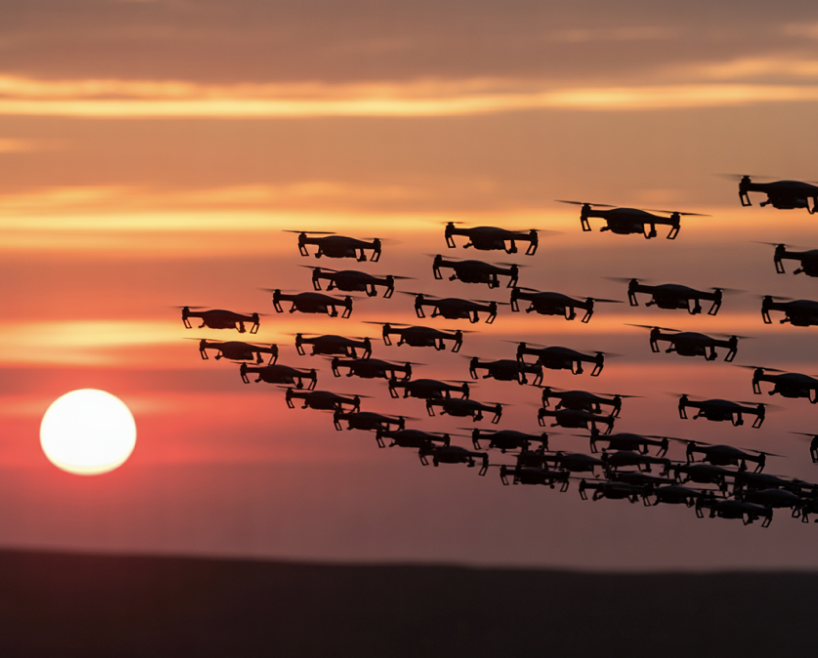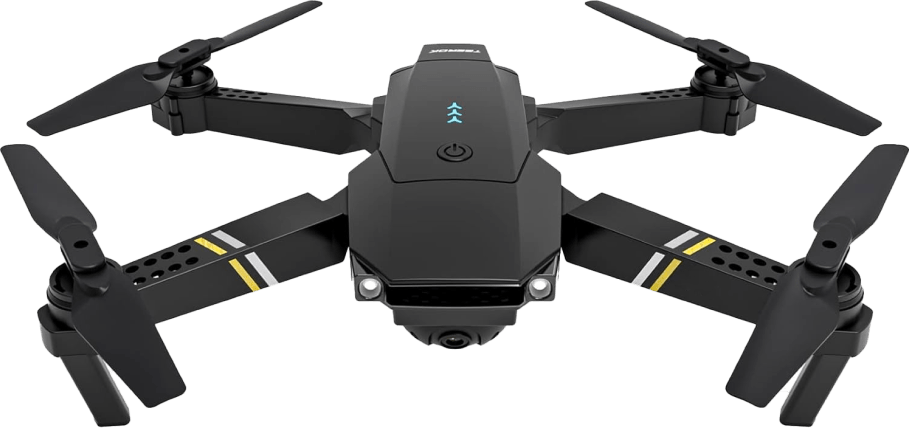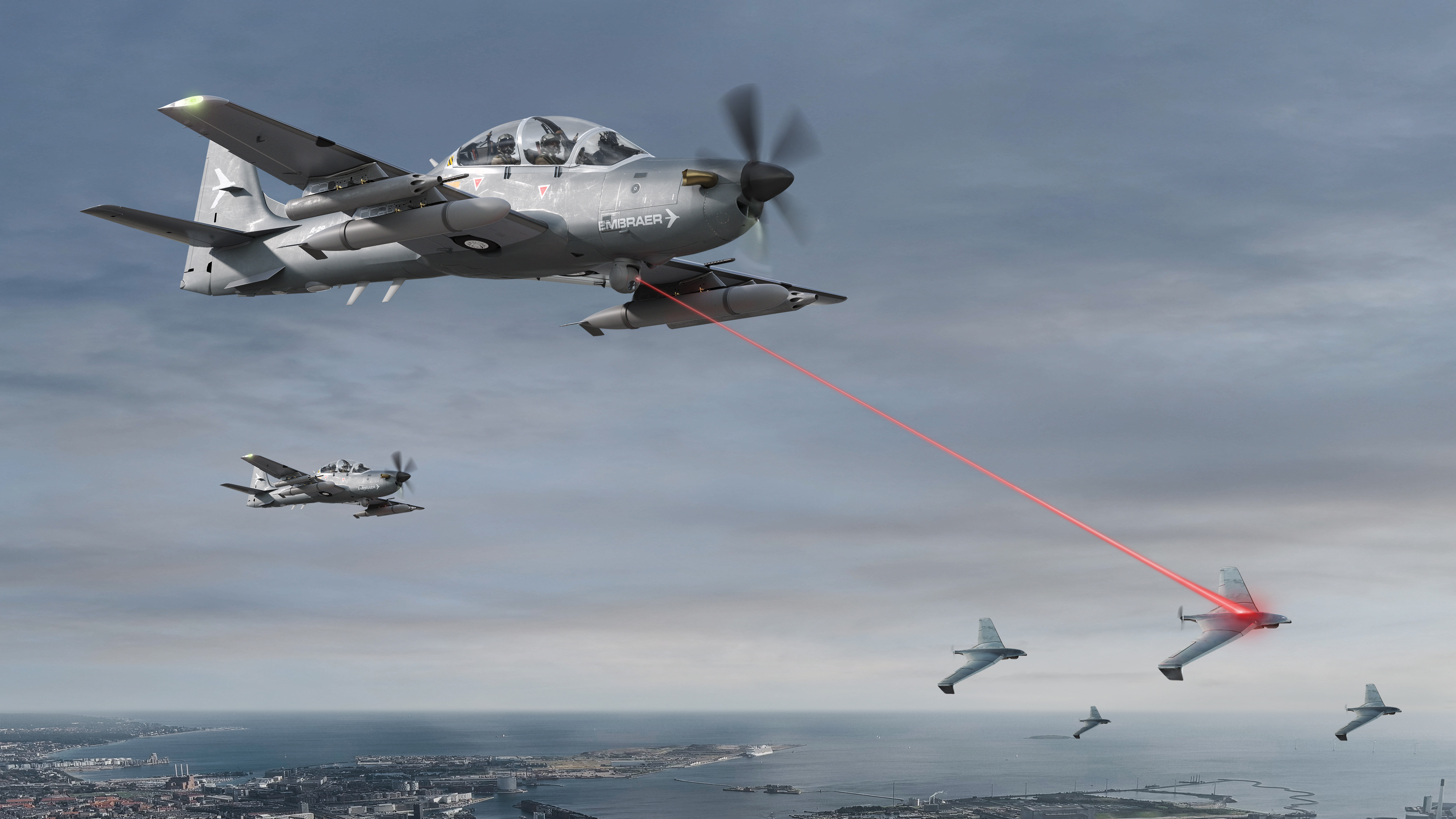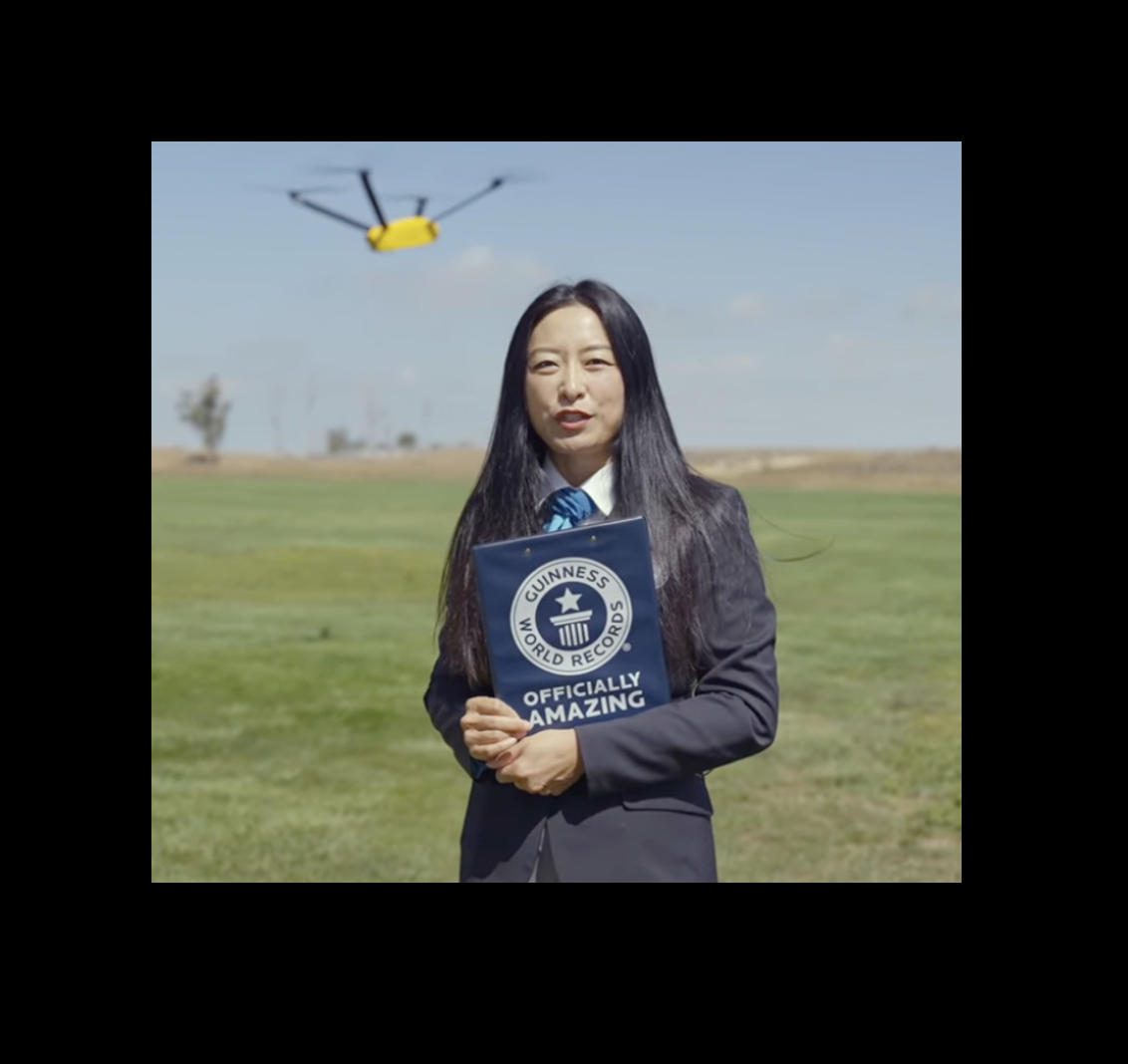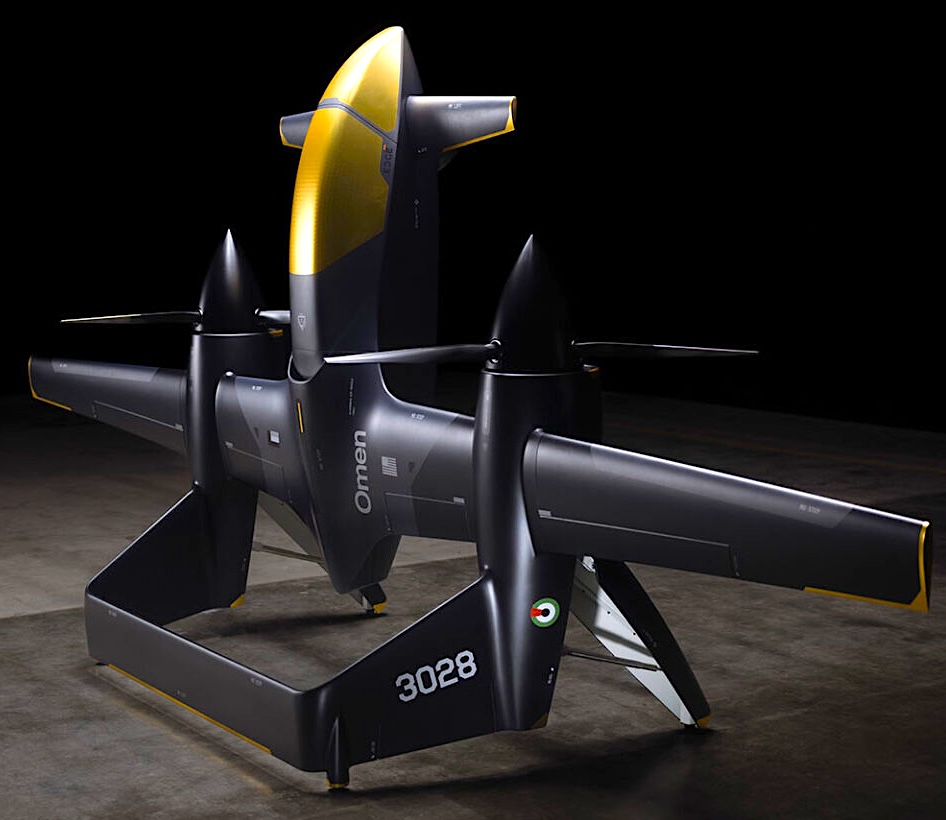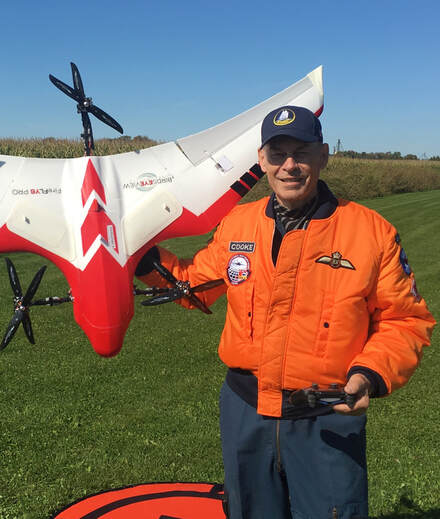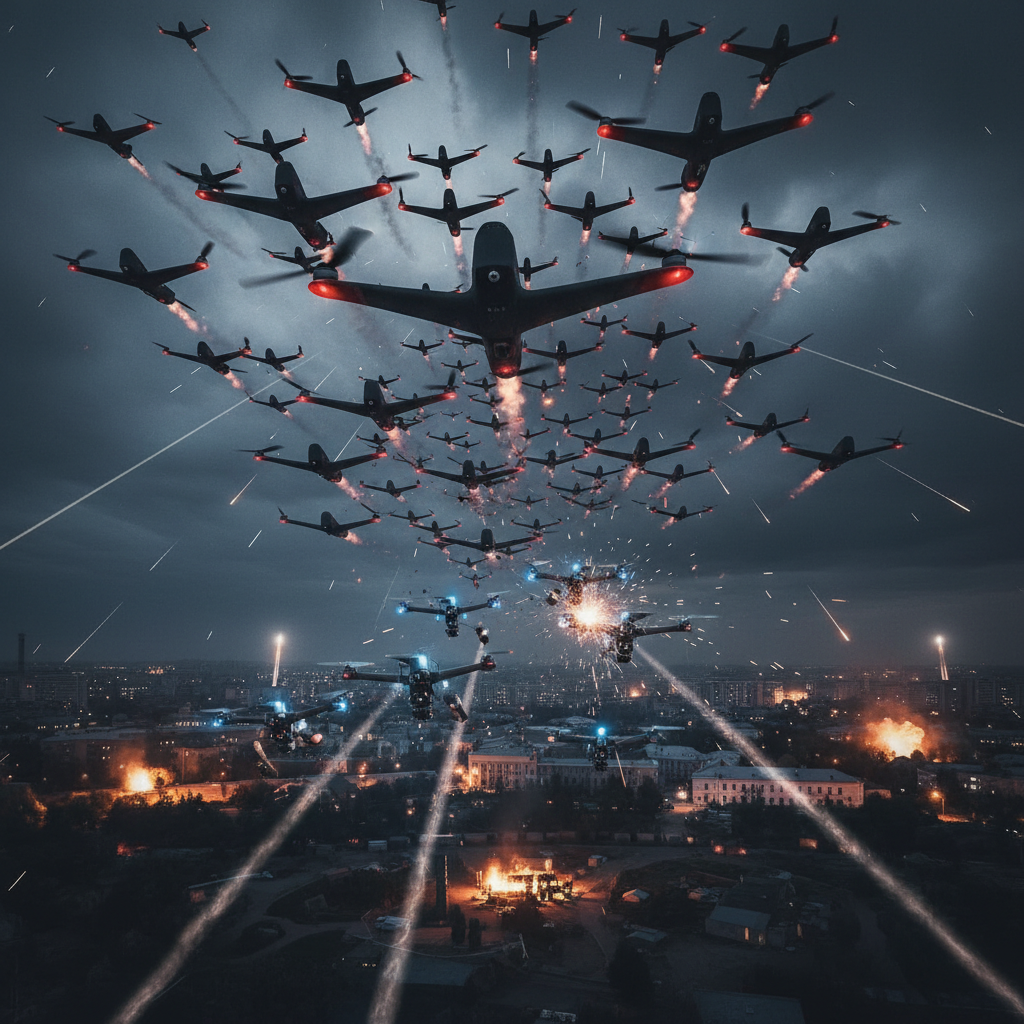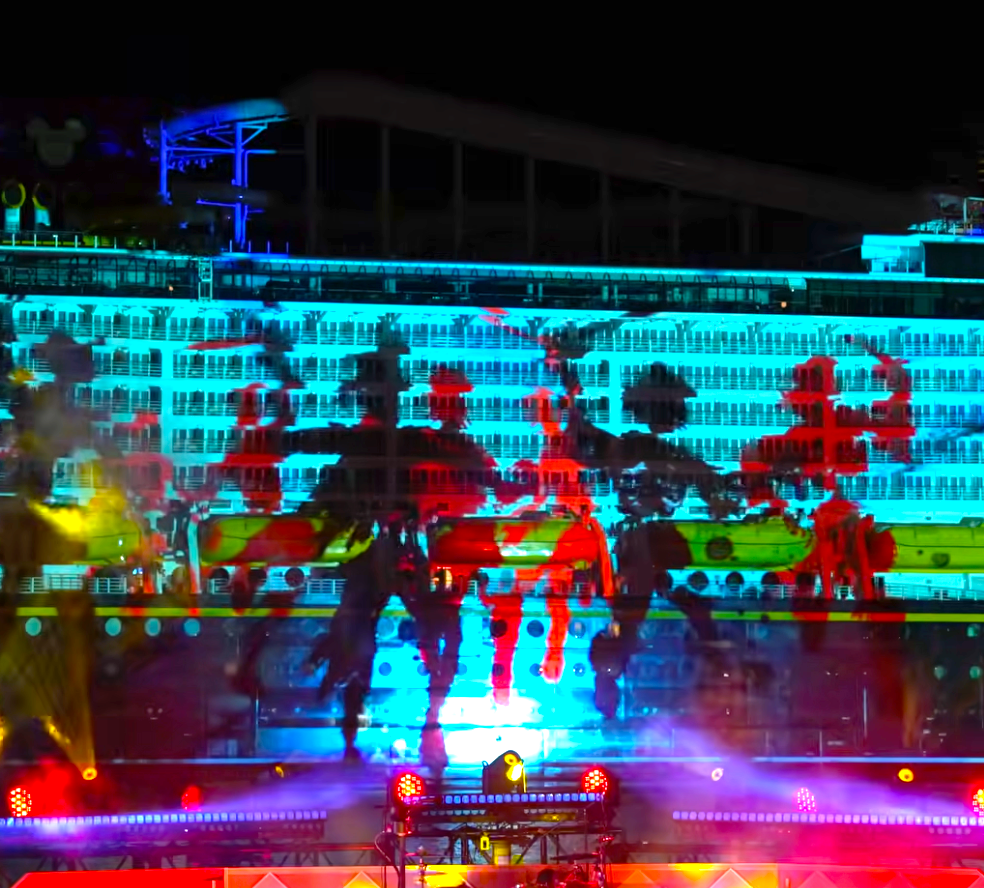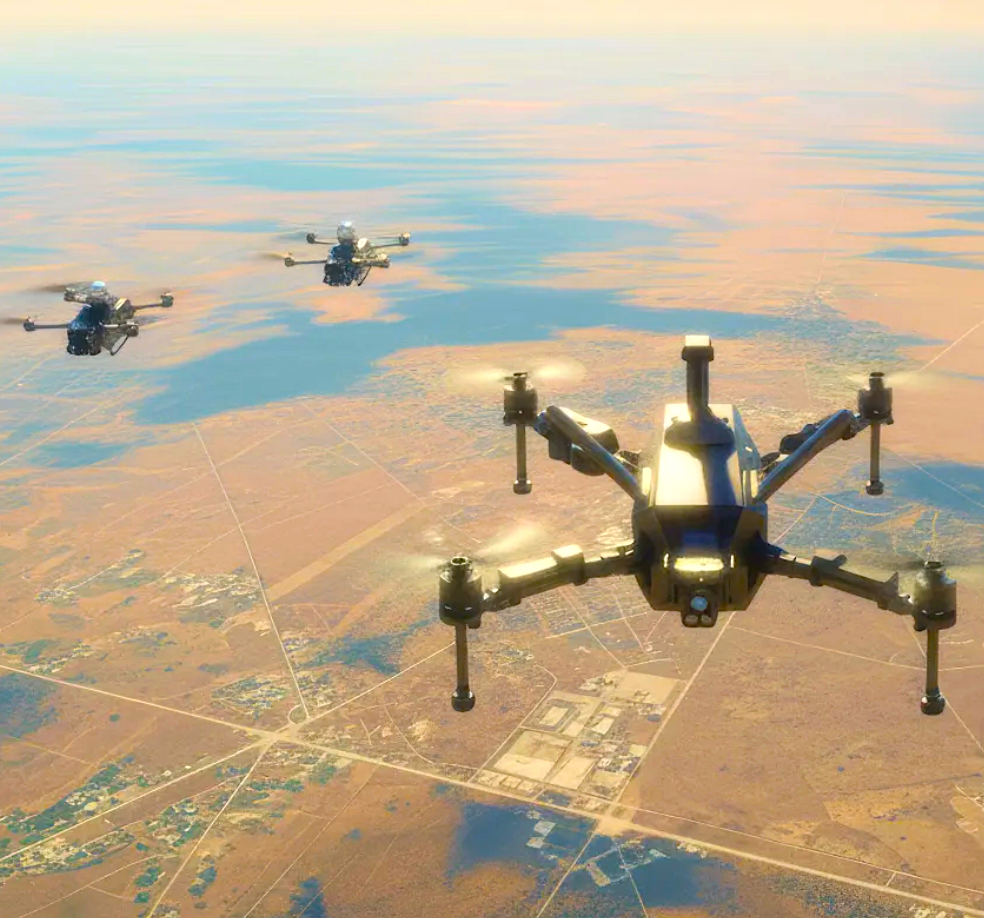Featured NewsTrending NewsMilitaryPocket Drones Could Be Big Things in Future Military Operations
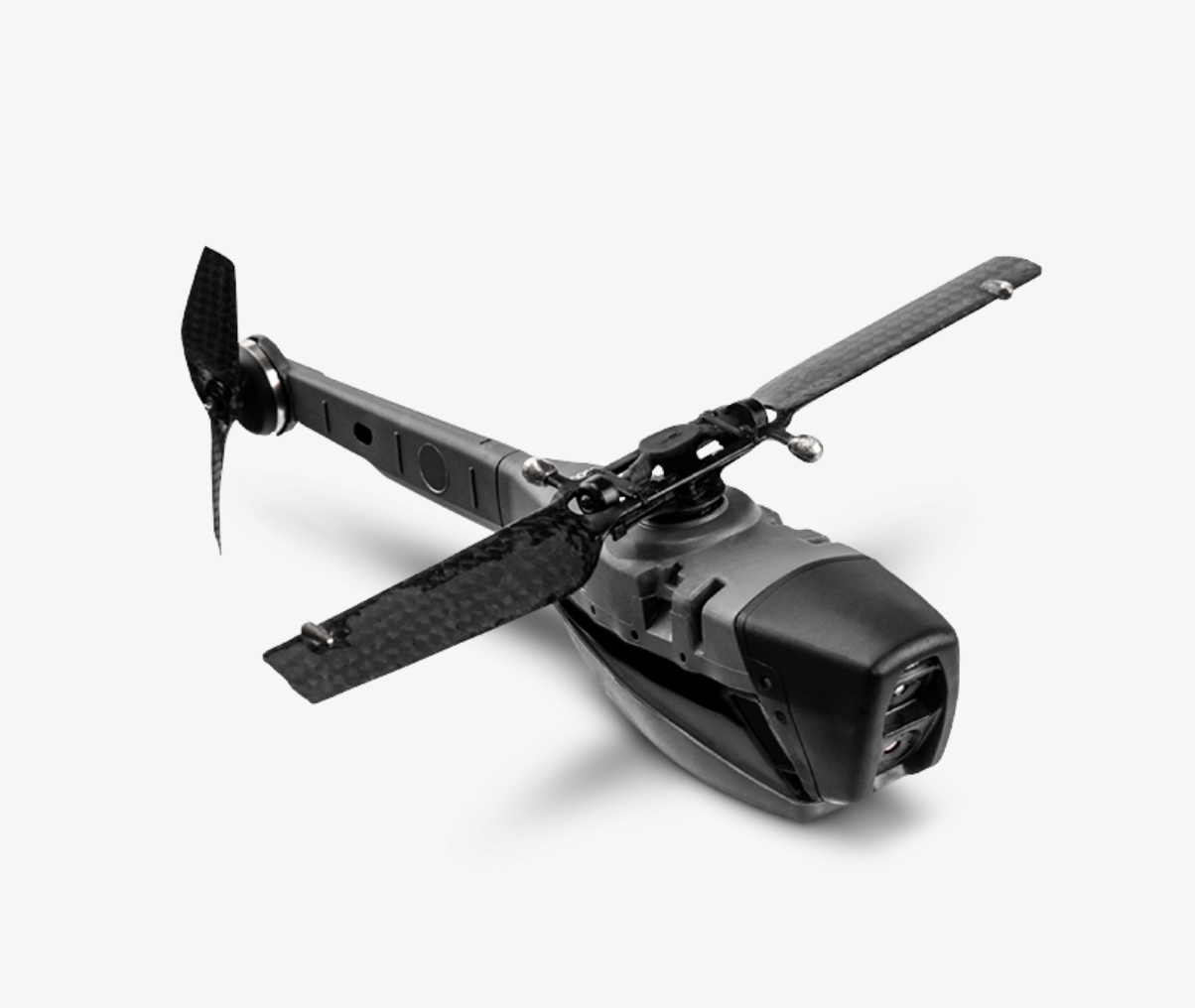
03 July 2024
Pocket drones may see increased deployment for combat-reconnaissance missions. Currently being used in training sessions by the New York National Guard, the Army is looking to someday embed mini drones in approximately 7,000 squads across the service.
Of course, it's the military, so a designation as fun and simple as "pocket drone" will not be used to identify these tools. Instead, they are called "SBS systems"—or "Soldier-Born Sensors." Yep. There's a reason for the name. It's because one solider can carry and operate the entire system—drone, controller, batteries, etc.—as part of their standard combat gear.
It gets more overblown.
Teledyne Flir—which makes the Black Hornet 3 "pocket drone" (we'll call it that just to be contrary)—designates the mini UAV as an "Airborne Personal Reconnaissance System for Dismounted Soldiers." And there you go...
But whatever name you give these tiny drones, they definitely have significant strategic value in the field.
Staff Sgt. Andy Huang—a combat engineer testing the drones with the New York National Guard's 152nd Brigade Engineer Battalion—says, "The SBS is small and lightweight, and with how high it can go, you can’t really hear it. You can recon a lot of stuff, and the bad guys can’t see it.”
In fact, SBS drones have seen active duty since 2019—and were used by Special Forces in Afghanistan even earlier—but the recent program marks the first time National Guard units have trained with them.
The SBS systems will likely see most duty with Army cavalry scouts, whose job it is to report on enemy positions and actions on the battlefield. Also, SBS-equipped units could be smaller and safer in warfare situations.
“Instead of a team making direct visual contact, this system can help a team monitor a named area of interest or area that they would otherwise be unable to due to terrain, time, or enemy disposition," says Lt. Col. Gary Barney, commander of the 27th IBCT’s 2nd Squadron, 101st Cavalry Regiment. "The drones will also limit the possibility of our personnel from being decisively engaged by the enemy by reducing the chance of direct or indirect fire contact.”
Military officials reported that soldiers using the mini drones found the systems useful for examining danger areas and blind spots, providing targeting information for gunners, collecting images for intelligence, route clearing, and investigating explosive devices. Disadvantages were identified as short battery life, rugged piloting in windy conditions, and limited visibility in low light.
Learn More
https://www.flir.com/news-center/military/contract-from-u.s.-army-for-black-hornet-3-nano-drones/

